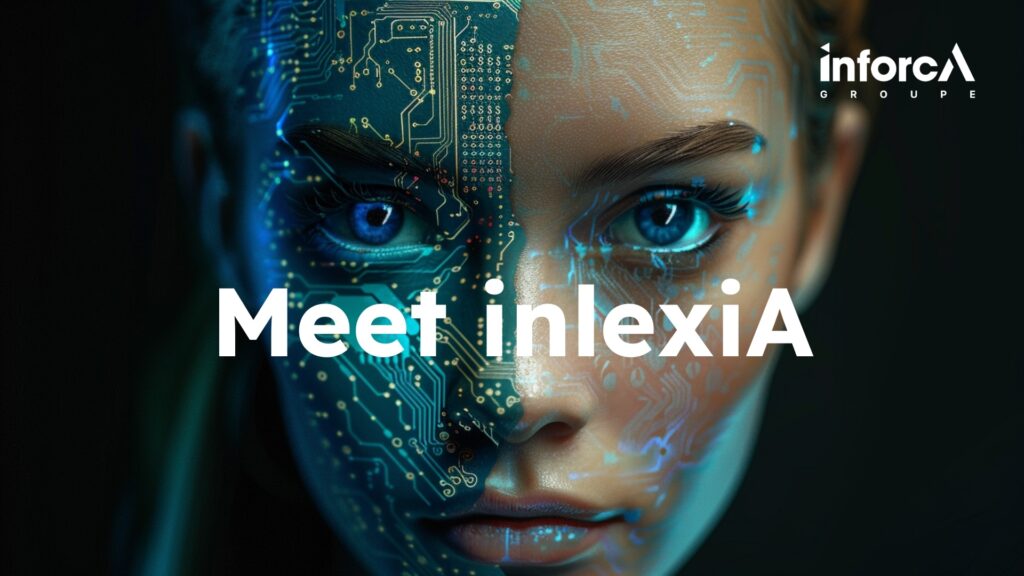AI translation: Monaco enters conversation in world of changing communication

A new Monaco-born AI machine translation module developed for government websites enables instant multilingual content publication. The project marks Monaco’s entry into a fast-evolving technology field estimated to reach a value of USD 55.6 billion by 2032.
The Principality’s revamped tourism website Visit Monaco and cultural events page culture.mc are among the Government portals now offering content in up to ten languages enabled by InlexIA from Inforca.
An evolution of online language tools
The first online translation tool, Babel Fish, launched in 1997, offered an alternative to manual dictionaries or human translators. In 2006, Google Translate arrived and became the most popular online translation tool, now serving more than 500 million daily users worldwide. However, its initial reliance on statistical word pairing frequencies across vast bilingual texts led to some clumsy—and occasionally entertaining—outputs.
In recent years, the development of neural networks— artificial intelligence (AI) systems inspired by human brain structure and trained on massive datasets—has improved Google’s offering and created new generative AI tools such as OpenAI or Deepl, with a superior understanding of context and meaning.
Lost in translation: opportunities and challenges
“While AI tools offer remarkable capabilities and potential efficiency gains, they also present significant challenges in terms of accuracy, reliability, and ethical use,” the UK’s Chartered Institute of Linguists noted.
One survey in the UK found that 37% of translators have used generative AI in their work. AI’s benefits include increased efficiency, but its tendency to ‘hallucinate’ incorrect outputs and inability to capture nuance and flow often requires a human touch. As AI technology has spread, many translators report their role shifting to post-machine-translation editing.
Man versus machine: the human cost of automation
A 2024 survey suggests that one-third of translators have lost work to AI, while concerns about the impact on foreign language learning in schools and universities and the associated cultural loss have been raised.
Ethical questions include the intellectual property “theft” of texts used to train AIs, the outsourcing of human job roles to robots and consumer concerns about authentic, trustworthy communication.
InlexIA: multilingual Monaco joins the conversation
“This technology allows the Principality to communicate more effectively while making teams’ work easier,” Marc Stanciu, Chairman and CEO of Inforca said. “It’s an innovation designed for Monaco — and for anyone who wants to make their websites more accessible.”
Combining the capabilities of translation tools such as DeepL and OpenAI, InlexIA is built-in to websites and selects the best translations as soon as an article is published. Editors can monitor translations to tweak headlines or correct errors. In addition to translating page content adapted to local language varieties, such as Brazilian Portuguese, InlexIA also translates metadata and tags to optimise regional Google rankings.
Government of Monaco entities including the Department of Tourism and Conventions report that translations using the tool have been published up to ten times faster with reduced costs while maintaining quality.
“You can sell products all over the world and now you can also send them marketing messages in their language instantly,” Kelly Campbell of Inforca said. “It will benefit all kinds of businesses—and hopefully those in other countries, too.”
A technology both revered and feared
As AI translation becomes more sophisticated, a lingering question remains: can machines ever become 100% reliable and replace translators by fully capturing the essence and quality of human writing?
Future InlexIA features in development include text tone adaptation and an automatic pre-publication review and refine function to further “humanise” translations.
“There is some fear around AI,” Campbell said. “But we provide new services and they have generated a lot of work in the digital sphere. It’s essential to move forward and work with technology.”
Given Monaco’s increasing focus on digital transformation, its AI developments reinforce its position as a technological leader with both local and global impact.







